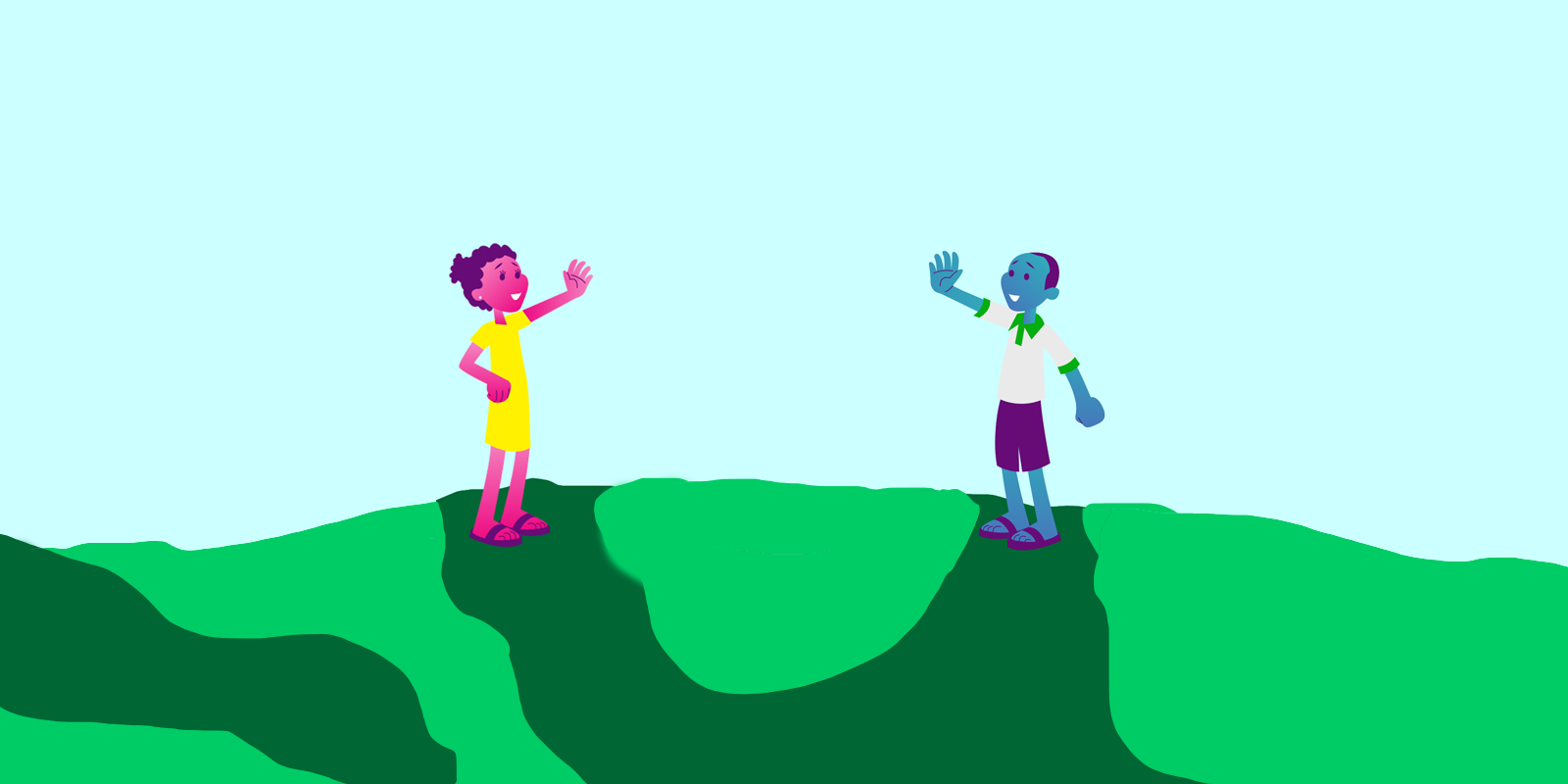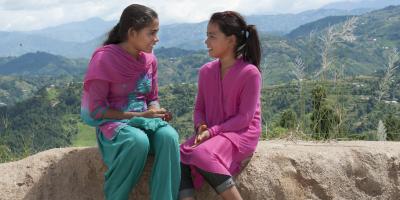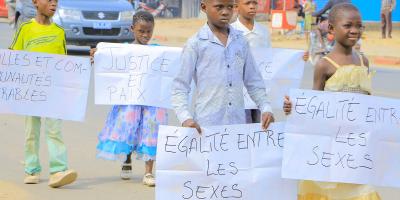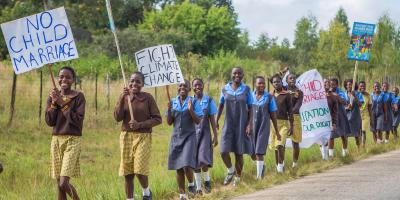
Covid-19 & Child Rights
A newly discovered virus is making a lot of people sick. Children and adults must change their ways in order to combat the spread of infection. How does this affect children’s daily lives and overall health?
Purpose
In this lesson, students get to think about how to protect themselves and others from the coronavirus/Covid-19. They also explore and reflect on how to act when living in cramped quarters and/or do not have easy access to running water or even soap.
Preparations
Download the information sheet for children about corona/Covid-19, or use corresponding information on the web.
Do it like this
- Start by going through the coronavirus/Covid-19 information together. It’s about different ways of protecting oneself and others, but also about the spread of rumors, mental health, and that children have rights in crisis situations too.
- Have students discuss based on the Talking chips model and questions given by you, one at a time. Talking Chips helps ensure everyone’s equal participation and thus students are trained to work in a democratic way. Divide the class in groups of four. Place each group so that everyone sees eachother. The discussion takes place within each group as follows: Each student is given a card/chip in colour. Give the groups one question/topic to discuss. Explain that when a student wants to speak, they place their card/chip in the middle. The student can speak briefly or longer, agree with the previous speaker or add something new. No-one else should speak or interrupt while the student who has placed their card is talking. Only after all students in the group has placed their card, can they place their second card. Continue until everybody have used all their cards.
Use these discussion questions
- What is the most important thing in order not to become infected or risk infecting others?
- Why is it particularly important to protect the elderly and people who already have serious illnesses?
- Compare with life before the coronavirus: What are the differences in how we interact with each other?
- How do the rules where you live affect you? Have you had to stop doing something you really like?
- Many children live in very crowded living quarters, sometimes with older relatives. How, then, should one do to protect one’s elders or people who have other serious illnesses?
- Many parents are stressed by the coronavirus/Covid-19. Some may not be able to go to work. How can the stress and anxiety of adults affect their children?
- There are many rumors going around about the coronavirus and Covid-19. Have you heard anything that worried you?
- News, like TV and radio, is all about corona right now. How does this affect you and the way you feel?
WORLD'S CHILDRENS PRIZE FOUNDATION
Långgatan 13, 647 30, Mariefred, Sweden
Phone: +46-159-129 00 • info@worldschildrensprize.org
© 2020 World’s Children’s Prize Foundation. All rights reserved. WORLD'S CHILDREN'S PRIZE®, the Foundation's logo, WORLD'S CHILDREN'S PRIZE FOR THE RIGHTS OF THE CHILD®, WORLD'S CHILDREN'S PARLIAMENT®, WORLD'S CHILDREN'S OMBUDSMAN®, WORLD'S CHILDREN'S PRESS CONFERENCE® and YOU ME EQUAL RIGHTS are service marks of the Foundation.


x
x
x




